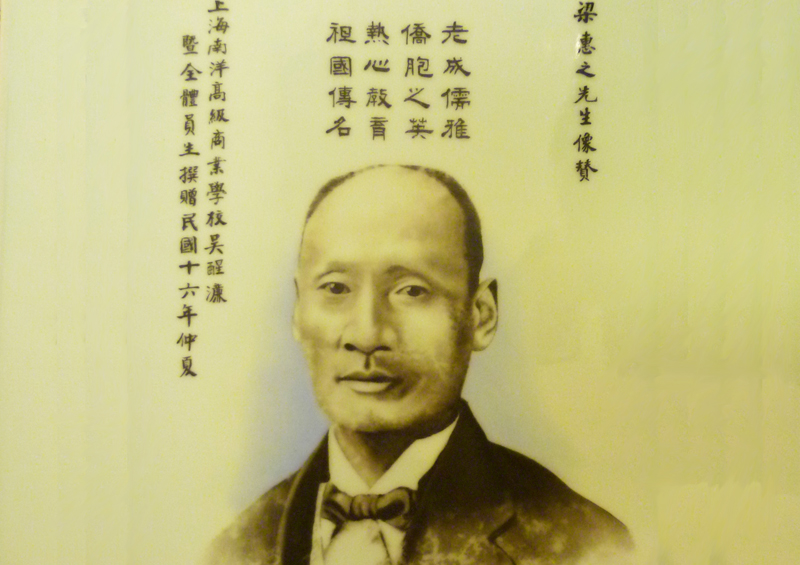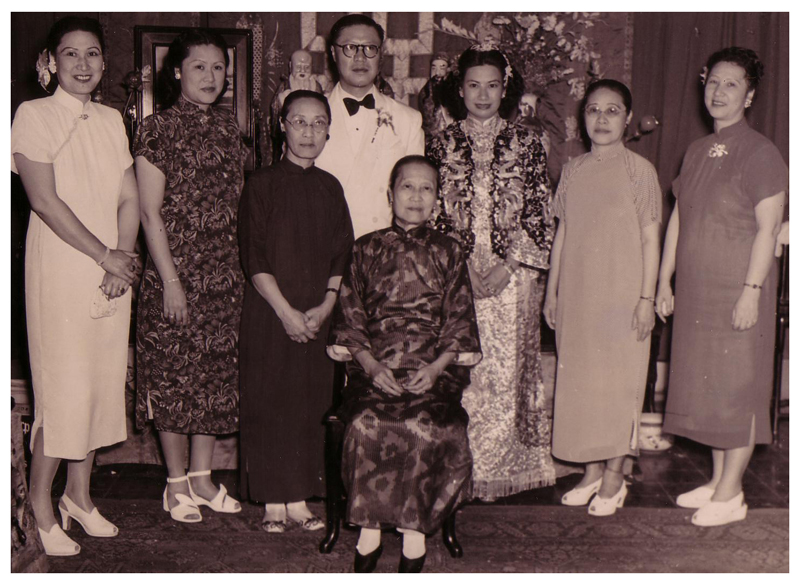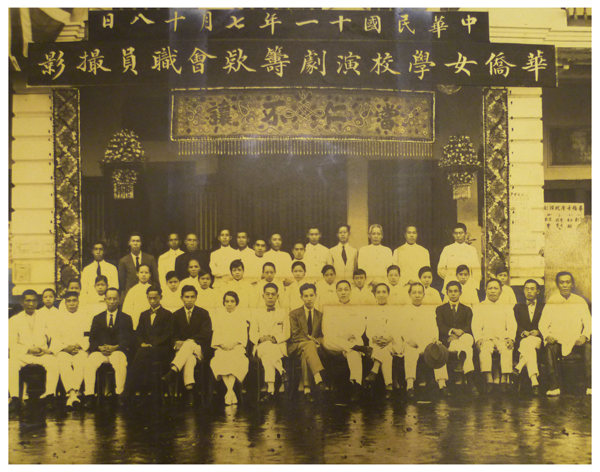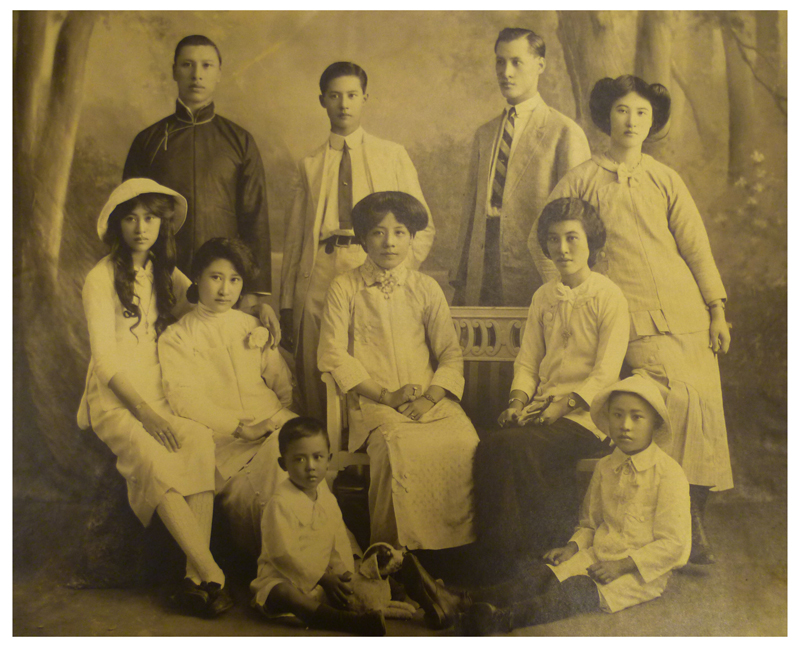| |
論文摘要:
With the advancement of medical technology in recent decades, life expectancy has been prolonged unprecedentedly. This gives rise to a death denial culture in which death is considered as a failure of the medicine. Yet, living with chronic diseases is a common experience in late adulthood. Inevitably, older adults experience progressive health deterioration and frailty over an extended period of time in their final phase of life. This raises the question whether sustaining life at all cost is the ultimate goal of medicine. More importantly, is sustaining life by all means in congruence to the wish of the older adults for their last days? In the current practice, older adults are usually being excluded in the treatment decision-making process and little is known about their care preferences. The decisions are therefore in the hand of the healthcare team and the family. Lack of consensus in this regard often results in mistrusting relationship with healthcare team as well as family disputes. Family members believed that taking care of their older relatives as their filial obligation, but witnessing them with failing health is also a source of guilt and frustration.
It has often been misunderstood that death and dying issues are taboo topics in the Chinese culture and should not be raised for open discussion. To the contrary, ageing, illness and death is traditionally accepted as natural part of life. Our previous works also showed that older adults have psychologically prepared, but they do not have chances to share their thoughts and concerns. Built on this understanding, “Let Me Talk”, an advance care planning programme was developed. It adopted a person-centred approach in which older adults were given an opportunity to review their life stories, reflect on their life philosophy and share their views towards their preferred future care. The programme was tested in nursing homes, including one of the TWGHs. Frail nursing home residents were invited to participant in the programme and it was generally well received. Findings showed that it enhanced the quality of life of the older adults and empowered them to express their wishes. It also promoted mutual understanding in the family as their family members appreciated the chance to learn the views of their older relatives.
The fullness of life cannot be interpreted simply through its length, but how an individual interprets its content. Therefore, listening to older adults not only enables them to achieve a sense of integrity, but also let healthcare team and family members take their personal values and beliefs into account in their health care and treatment planning.
|
.jpg)







